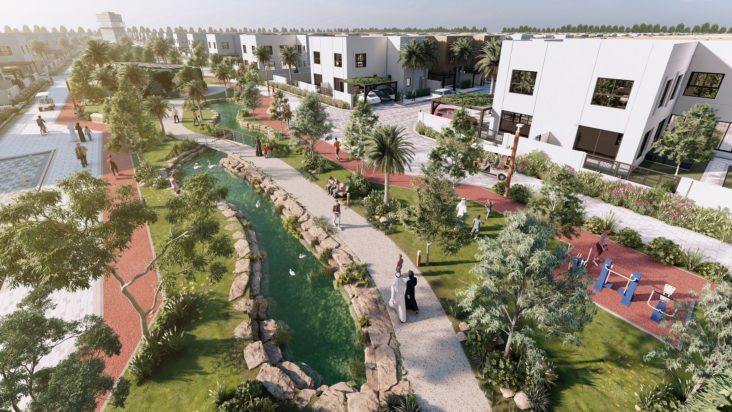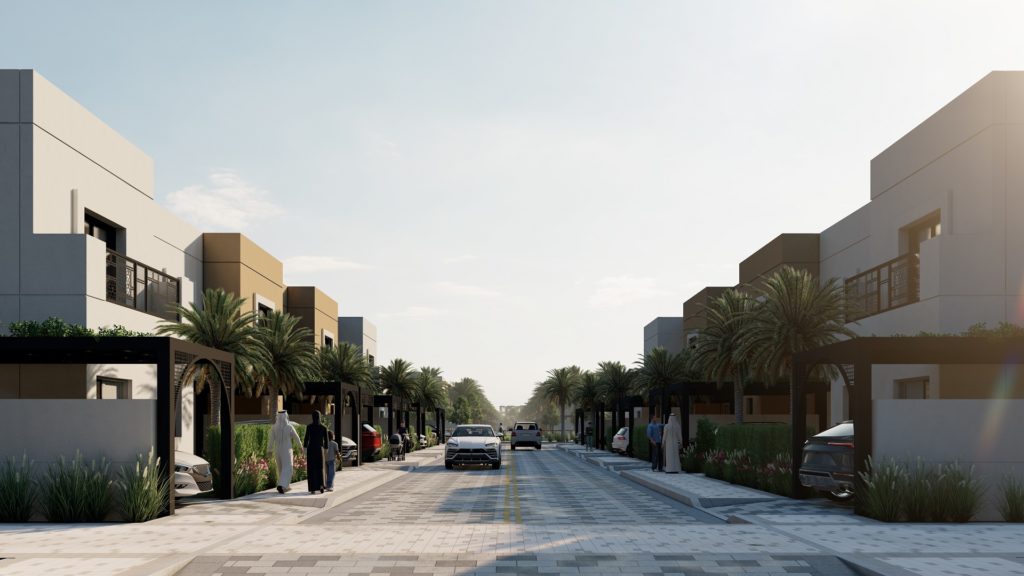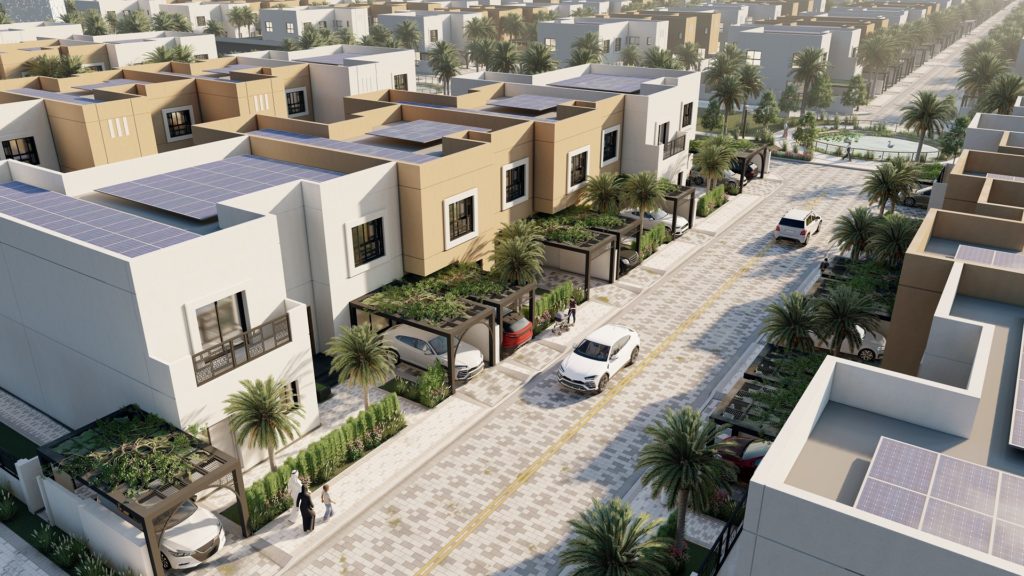In Truly Sustainable Communities, Every Day Is An Earth Day

Earth Day arrives this year at a pivotal moment for humanity,as we face challenges ranging from climate change to global pandemic and soaring demand for energy. Therefore, there has never been a time for mankind to “invest in our planet,” in line with the theme for Earth Day this year.
Global economies face long-term risks across several critical sectors such as food security, agriculture, real estate and transport due to climate change. Our future depends on critical and smart infrastructure investments today that could make or break the Paris Agreement pledge to limit global temperature rise to below 2°C.
That is a key reason why the environmental, social, and governance pillars are increasingly becoming paramount for companies and investors, with the World Economic Forum estimating the ESG segment to be worth $50 trillion globally by 2040.
Creating a sustainable economy
Against that backdrop, investing in our planet implies creating a sustainable 21st century economy that restores, repairs and reinvigorates the planet’s ecological balance and paves the way for a green and prosperous future for all.
This also means that it is not just inventors, innovators and businesses,but all of society who must play their part in shaping the abundant opportunities created by the green economy. Accelerating climate action by supporting sustainable development and driving significant change is only possible if we work together. Collaboration is key.
With an increasing number of homes being designed and built according to sustainable principles,sustainable communities and green mobility offer the most enduring opportunities to embrace that change.
Not only do they present a significant scope to combine cutting edge technologies with green infrastructure that reduce our environmental footprint, but they also integrate other solutions such as solar energy, biogas, and vertical farming.Sustainable communities enable residents to generate and trade energy to offset high utility bills, grow their own fresh produce and operate off-grid if needed – offering homeowners resilience and peace of mind along with making them an integral part of the circular economy.
Trailblazers in the Middle East
In the Middle East, trailblazers such as Sharjah Sustainable City have seized on the green potential of this new development paradigm, supported by the vision and long-term development strategies of local and federal governments.
According to a PwC estimate, the Middle East stands to unlock more than $3 trillion in economic growth and create more than a million future-proof jobs by 2030. The UAE, in particular, has taken great strides in embracing a climate resilient, circular economy with a diverse mix of energy sources. It became the first MENA country to commit to net-zero emissions by 2050, has already invested more than $45 billion in clean energy projects, and has set up the world’s first fully regulated carbon trading exchange – apart from enabling sustainable communities such as Masdar in Abu Dhabi, The Sustainable City in Dubai, and Sharjah Sustainable City.
These pioneering projects not only support the vision and objectives of the UAE government’s green agenda, but also form a vital part of reaching many UN Sustainable Development Goals by implementing and sharing best practices, and forging partnerships for achieving sustainable development goals.
Dispelling the myth about green homes
Truly sustainable communities also help dispel many of the myths surrounding sustainable homes – such as they are more expensive to build and maintain than conventional homes. As those with a first-hand experience will testify, green homes and communities cost the same if sustainability is properly factored into their design and service infrastructure from the outset. In addition, they allow any initial costs to be quickly offset by savings on water and energy for homeowners.
It is hardly a wonder that communities at the forefront of such ecological transformation are gaining increasing public attention globally – because at their heart lies the same simple philosophy that mobilises millions of people around the world every Earth Day: people want greater access to a smarter and more sustainable lifestyle, while contributing to a climate-positive future .
Earth Day is therefore a great opportunity to both celebrate progress in building sustainable communities and to recognise the enormous challenges that lie ahead. Because sustainability is a transition, and not a switch, every day is Earth Day.





